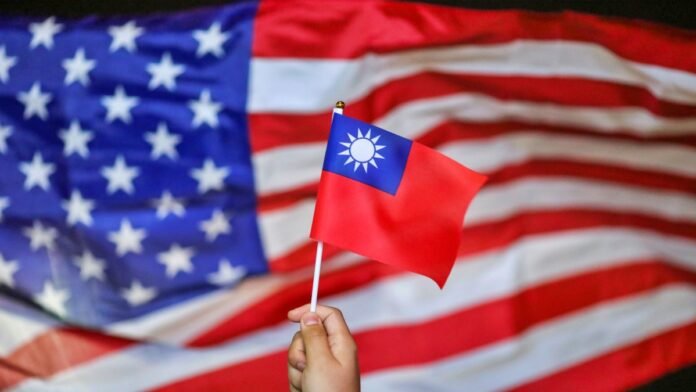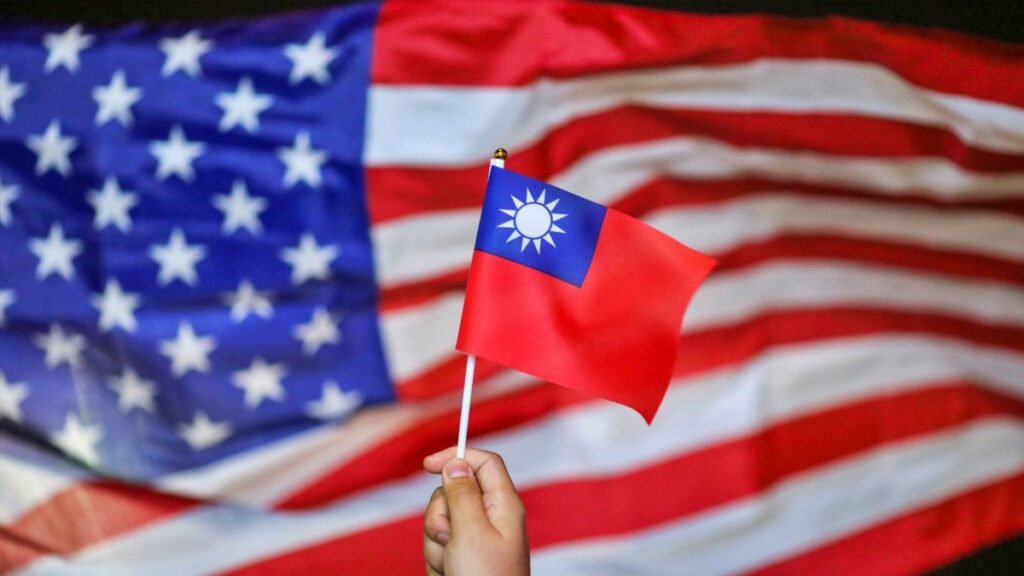
New Delhi: The U.S. on Friday announced a $345 million military aid package for Taiwan, in a move that is likely to anger China and boost Taiwan’s self-defense capabilities. The package, which was authorized by President Joe Biden, will include weapons and equipment from existing U.S. military stockpiles, such as portable air defense systems, intelligence and surveillance capabilities, firearms, and missiles. This is the first time that the U.S. will provide such aid to Taiwan under a new policy that aims to speed up military assistance to the island.
The White House said in a statement that the aid package was approved under the Presidential Drawdown Authority (PDA), which allows the president to direct the drawdown of defense articles and services from the Department of Defense to provide assistance to foreign countries. The statement said that the aid package would include defense, education and training for Taiwan.
The Pentagon has been planning to use the PDA for Taiwan since Congress authorized $1 billion for military aid to the island in 2021. The PDA has been used before to provide quick and effective military support to countries such as Ukraine, which is facing Russian aggression.
The aid package comes amid rising tensions between China and Taiwan, which Beijing claims as its territory and has threatened to use force to reunify. China has stepped up its military pressure on Taiwan, conducting frequent air and naval incursions into Taiwan’s air defense identification zone and territorial waters. Taiwan, which has a population of 23 million, has a small but modern military that relies on U.S. support for its defense.
The U.S. does not have formal diplomatic relations with Taiwan, but maintains unofficial ties and is bound by law to help the island defend itself. The U.S. is Taiwan’s main source of arms and has sold billions of dollars worth of weapons to the island over the years. However, the traditional arms sales process can take years to complete, as it involves congressional approval and contract negotiations.
The PDA allows the U.S. to bypass some of these steps and deliver weapons and equipment from its own inventories in a matter of months or even weeks. This can enhance Taiwan’s readiness and deterrence against China’s coercion.
The announcement of the aid package was welcomed by Taiwan, which thanked the U.S. for its steadfast support and friendship. Taiwan’s trade office in Washington said that the aid package was “an important tool to support Taiwan’s self-defense.”
China, however, denounced the aid package as a violation of its sovereignty and a serious interference in its internal affairs. China’s foreign ministry said that the U.S. should stop selling arms to Taiwan and sever its military ties with the island, or face “serious consequences.” China also urged the U.S. to abide by the one-China principle and the three joint communique that governs the bilateral relations between the two countries.

The aid package is expected to further strain the already tense relations between Washington and Beijing, which have been at odds over issues such as trade, human rights, cybersecurity, and regional security. The U.S. has reaffirmed its commitment to help Taiwan maintain its autonomy and democracy, while China has vowed to defend its core interests and national unity at all costs.



















































